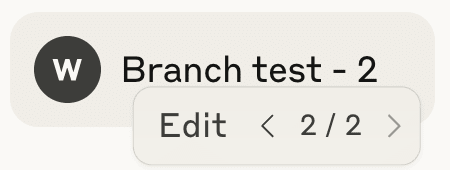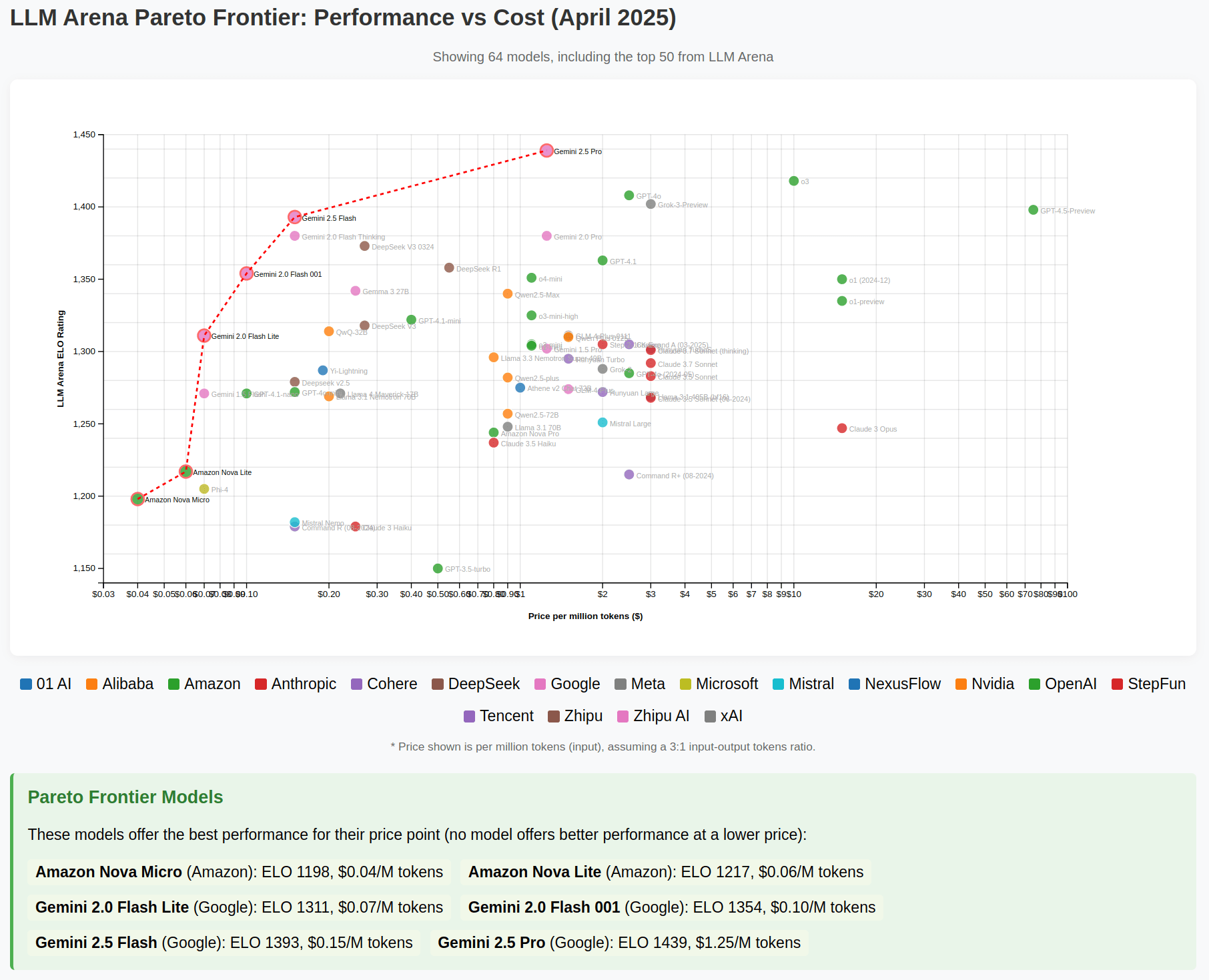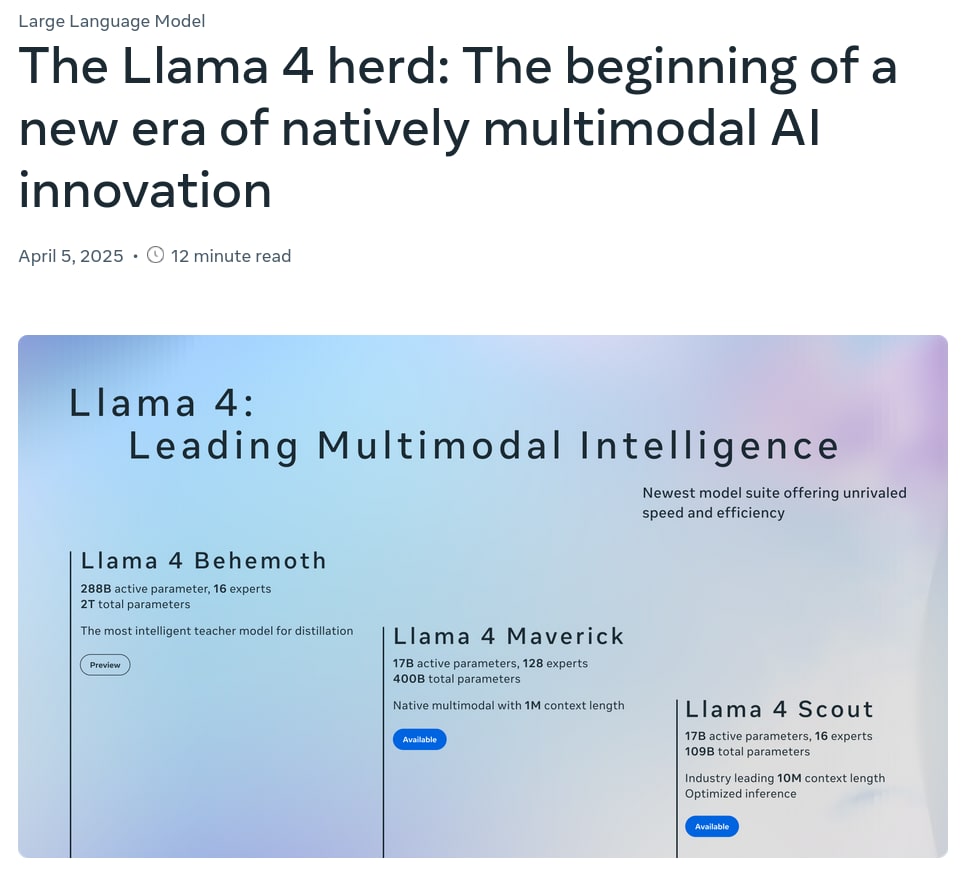No Electricity in Manchuria
TLDR: For a period of time in 2021, there were electric shortages throughout China. Especially in the North Eastern Provinces. China use coal extensively for both heating and power generation. Because of an unfortunate overlapping of policy changes (carbon neutral + market reform) and other factors, in order to keeping humans alive, factories were allowed limited work times and civilian uses were rationed. At its worst, there were on average 3~8 hours of downtime intermittently throughout the winter months. (Mostly Nov~Dec)* Electricity is important. China is important. And I am going to make the naive assumption that happenings regarding China's Electrical grid system is at least somewhat important. In addition, by looking at how a portion of the grid "failed", it would also shine on the effects of how some macro/foreign policy changes can have immediate and consequential effect on the life of the people. I promise that by the end of this article[1]: 1. You will have a slight better understanding of Chinese geography. 2. What are some reasons behind the recent-ish (~2021) electrical shortage in China, especially what happened in the Three North-Eastern provinces. (historically referred to as Manchuria) Yer a Power Plant Boss, Harry Here what your life looks like if you ran a power plant in 2021: * You get instruction from your "boss" telling you how much energy you should produce in any given period. * Your profit margins are locked to roughly 0.03~0.2 RMB per kilowatt-hour at the best of times. Because you don't get to set prices - your margin is predetermined by your customer. * You are not getting as much subsidies as before, because the cool kids running solar and wind are getting them. And because they are cool, the government is letting them into this new "market" economy thingie. * You only have one customer, and that is the Grid (电网). Back in the old days, the plants and the Grid were basically the same company and had monopoly over all power




I am sympathetic to the revolutionary vanguard approach. But MAPLE seems to have even less success in the approach than the SRs of the russian revolution. At least the SRs tried going to the people first - telling them “peasants, you are being exploited and you could change your condition!”.
From the outside, I don’t see any saintly accomplishments that look like “trying to apprehend alignment” at a robust mechanical level.